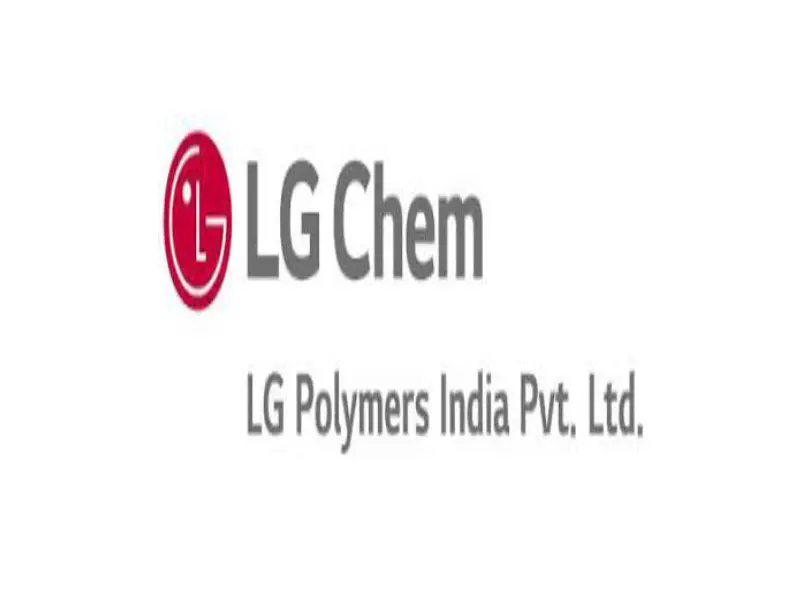Who owns LG Polymers India, the company behind Vizag gas leak?
By Newsmeter Network
Hyderabad: The company behind the Vizag gas leak is the South Korean company LG Polymers India private limited, a metals and chemicals manufacturing industry, located in RR Venkatapuram, in Visakhapatnam, state of Andhra Pradesh. Previously called Hindustan Polymers after its establishment in 1961, the company was taken over by the South Korean company LG Chem in July 1997, and renamed as LG Polymers India Private Limited (LGPI). Occupying an area of 213 acres, the company reportedly has a paid-up capital of Rs 126.33 crores.
LG Polymers deals with manufacture of polystyrene and expandable polystyrene from imported styrene and reprocessing of primary plastics into engineering plastics.
Who owns LG Polymers?
The company is directed by five members, namely Poorna Chandra Mohan Rao Pitchuka, Chan Sik Chung, Hyun Seok Jang, Sunkey Jeong, Byungkeun Song and one key management personnel namely Ravinder Reddy Surukanti. Pitchuka was the director of the company in June 2018, and replaced by Sunkey Jeong later. This is the only company that Pitchuka, a native of Machilipatnam, and an alumnus of Andhra University, is associated with.
Interestingly, one of these directors, Hyun Seok Jang, is the director of three other companies, two of them located in New Delhi and one in Mumbai. The companies are Lg Chemical India Private Limited (New Delhi), Lgc Petrochemical India Private Limited (Mumbai) and Lg Chem Life Sciences India Private Limited (New Delhi).
Does LG Polymers have environmental clearances?
In January 2018, LG Polymers obtained environmental clearance from the AP Pollution Control Board for expanding their company from producing 415 tonnes of chemicals per day to 655 tonnes per day, at an extra cost of Rs 168 crores. These include polystyrene and expandable polystyrene, both using hazardous chemicals for its manufacture. This clearance is considered valid till December 2021.
However, later in May 2019, the State Level Environment Impact Assessment Authority (SEIAA) pointed out that LG polymers was functioning without a valid environmental clearance. It stated that no clearance was obtained by the company regarding ‘petrochemical based processing’ in schedule to the EIA notification, 2006.” But the company maintained that the clearance from APPCB is valid enough to continue operations.
In the wake of the COVID-19 lockdown, after the first phase of lockdown ended on April 14, 2020, the company also managed to gain permission for functioning citing that it was an “essential” industry. Dr EAS Sarma, a 1965-batch IAS officer of the Andhra Pradesh cadre, also pointed out that the South-Korean company had managed to obtain a No Objection Certficate (NOC) even as the first phase of the COVID-19 lockdown ended. “By no stretch of imagination, a plastics manufacturing unit like this can be called "essential". Someone senior in the govt should be held responsible for this lapse,” he said. He further added that industrial pollution can reduce the body’s immunity, making it more vulnerable to the novel coronavirus.